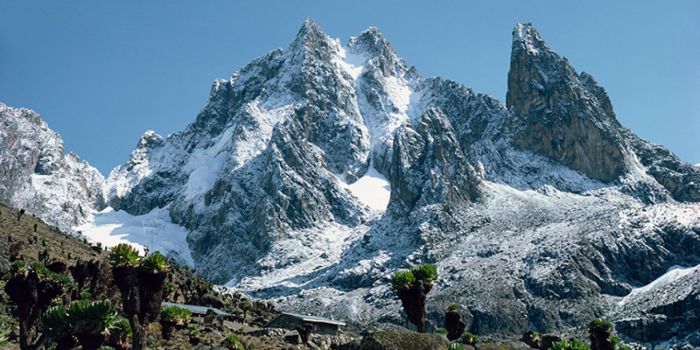The family of a 60-year-old British woman is mourning after she plunged to her death while hiking Mt Kenya.
She died alongside her guide, Kelvin Muriuki who attempted to catch her when she slipped during the hike.
The duo was coming from hiking the mountain's third-highest summit, point Lenana.
Efforts to rescue the victims after they fell to the bottom of the mountain were derailed by bad weather.
Three attempts were made by the rescuers before their lifeless bodies were found. The two bodies were set to be flown to Nairobi.
The British woman had earlier witnessed a similar fall while hiking before tragedy befell her.
A friend of Muriuki was heartbroken over the moment describing the victim as a guide who lived to serve humanity.
"My friend has rested. Our hearts are broken. May his soul transition to the afterlife peacefully. May his selflessness inspire us to live fully, dedicating our lives to the service of humanity. Go well, Kevin. Continue smiling gracefully in the afterlife," he wrote.
Muriuki has left behind a young family as friends raise funds to cater for the burial and support his wife and kid.
Such accidents can be caused by heavy rainfall in the area which makes hiking dangerous. Various parts of the country have experienced heavy rainfall in October.
There have been several cases reported of hikers falling to their deaths while on Mt Kenya.
Research conducted by a team from Kenyatta University revealed that some hikers defy instructions, putting themselves in danger.
Other reasons for fatalities are a lack of specific training in wilderness first aid and a lack of proper risk management among others. By Kenyans.co.ke






